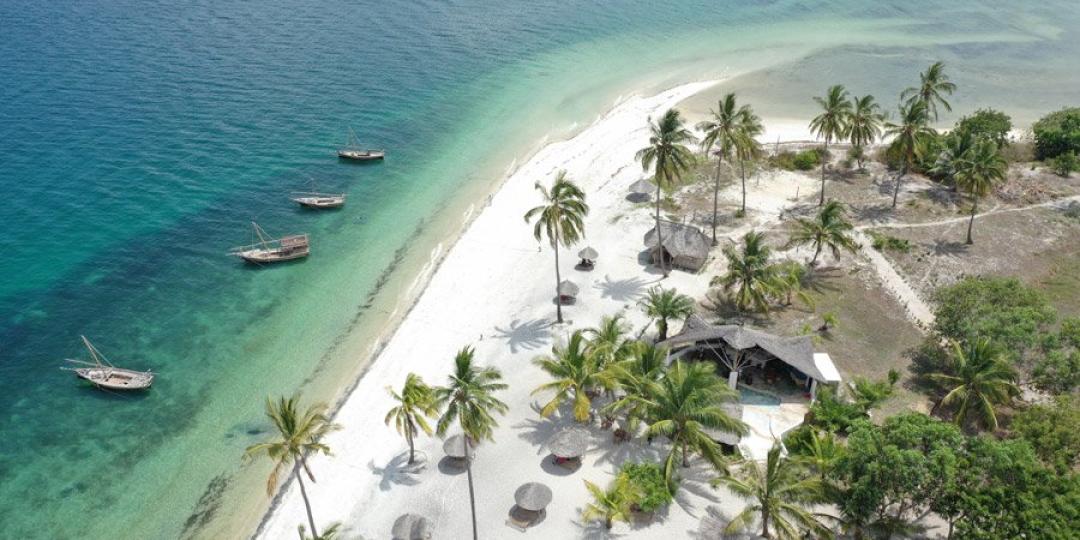Quarantines of up to 14 days – imposed by a traveller’s home country upon return from a visit to a foreign country – are a major barrier to seeing the return of positive inbound tourism numbers to East Africa.
This is in addition to the cautionary travel advisories issued by foreign governments which Tourism Update reported on last week, said Head of Travel for the Hong Kong-based Charlotte Travel, Ewan Burger.
He said the Hong Kong government – following the example of many of East Africa’s other key source markets such as the US and the UK by imposing quarantines on return from outbound travel – had just announced that the mandatory 14-day quarantine for travellers returning from other countries would be imposed until at least year-end.
“And this is applicable to any traveller visiting any country, including neighbouring Asian countries such as Thailand and Singapore,” Burger said, noting that it would be very difficult to convince Hong Kong travellers – who only get limited amounts of leave – to travel to long-haul destinations at this stage.
“We do know the demand is there. In fact the demand is insanely positive. And so we are continuing the conversations with our clients and highlighting the many attractions of the region.”
According to Burger, Hong Kong travellers are extremely seasoned and, as such, like to go for so-called ‘bucket list’ travel experiences, which is why East Africa – especially Tanzania – remains a sought-after destination.
“The Great Wildebeest Migration – the annual migration of giant herds of grazers across northern Tanzania and Kenya – is a huge draw card so the numbers will bounce back as soon as these obstacles are overcome,” he said.
It’s also why strict adherence to stringent health and safety protocols by suppliers is of such paramount importance, noted Burger. “Should there be another wave of COVID, particularly due to negligence of the part of a tourism supplier, it would have an immediate, devastating impact on global traveller confidence in the destination as a whole.”
Owner of Kinasi Lodge & Spa in Mafia Island, Tanzania, Peter Byrne, agreed that the difficulties imposed by foreign governments had meant there had been very little progress in terms of bringing back visitors.
He highlighted in a recent ‘Rebuilding Tourism’ webinar that Tanzania’s island of Zanzibar had reported fewer than 800 foreign tourists (also some domestic and even some from Kenya too), “which is negligible for a destination with 17 000 guest beds”.
He added that Tanzania and Zanzibar were among the first destinations to have comprehensive and workable standard operating procedures in place.
“I was an advocate for a full COVID test for any of our incoming tourists and I believe it is a positive marketing tool. The Government of Tanzania has enacted new legislation to make this mandatory to protect our people from any imported infection risk and maintain the ‘preferred destination’ status to reassure our tourism partners,” highlighted Byre.
He pointed out that the Tanzanian government was now also offering a COVID test – with a 72-hour turnaround time – for departing visitors.
“This is remarkable and should enable our partners in tourism, such as the European Union, to review their quarantine requirements,” said Byrne.
Did you know?
The practice of quarantine, as we know it, began during the 14th century in an effort to protect coastal cities from plague epidemics.
Ships arriving in Venice from infected ports were required to sit at anchor for 40 days before landing. This practice, called quarantine, was derived from the Italian words quaranta giorni which mean 40 days.























